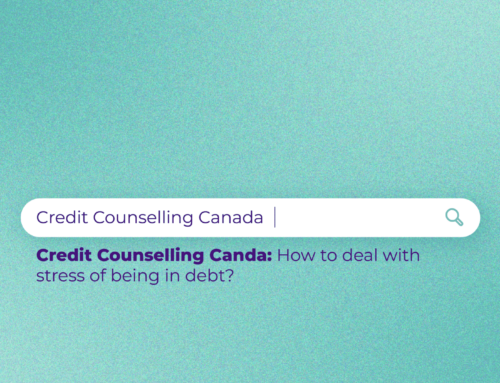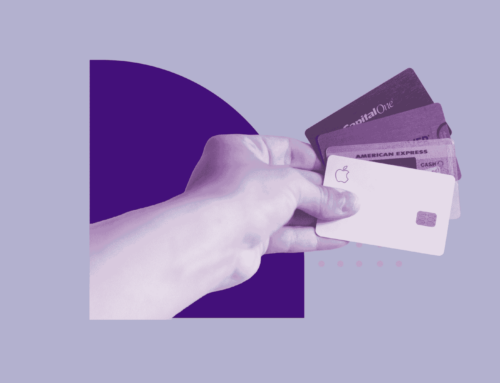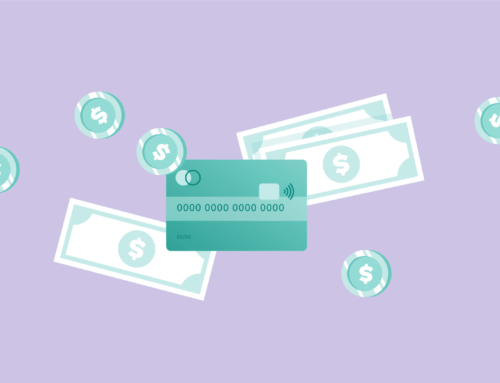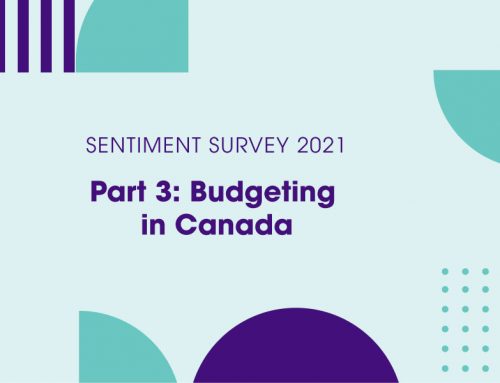If you are a student with bad credit, you may think securing a student loan will be next to impossible, so what do you do? What are your options?
Before applying for any type of loan, first you must ensure that your credit report is accurate. Be diligent with checking and double checking your credit report for clerical errors (no misspelled names, wrong addresses and phone numbers), outdated information (closed accounts), inaccurate information and items that should never have been on there in the first place and demand to have these items corrected/removed from your credit report.
Once your credit report is cleaned and accurate, obtaining a loan will still be difficult but not impossible. Because you have a bad credit rating, you will have to pay much higher interest as compared to someone with a good rating and, additionally, you will very likely be approved to borrow less.
Government Student Loans
According to Anna Maddison, a spokesperson for Human Resources and Skills Development Canada, “students applying for Canada Student Loans do not need a co-signer and most do not require a credit history to qualify for student financial assistance.” But you do need to demonstrate ‘financial need’ to qualify for a Government student loan.
The Financial Consumer Agency of Canada has a seven-part breakdown of the Federal government student loan system available to Canadians who wish to take a loan to study. Like other forms of credit, a student loan is considered neither ‘good debt’ nor ‘bad debt.’ If a student is focused in their studies and manages their money well, having bad credit should not be a hindrance in obtaining, what is considered by many money lenders, as an investment that creates value and will assist you in producing more wealth in the long run.
CIBC offers a thorough Guide to Student Loans which breaks down the lending process into three categories:
- Federal government school loan and grant programs
- Provincial and territorial school loans
- Private Student Loans – for when you have maxed-out government aid options
Private Student Loans
The third options – private student loans for students with bad credit – are generally difficult to find. If you own a vehicle, property, or any item can be deemed an asset, you will have collateral that can be used to secure a ‘bad credit loan’ from banks, credit unions and specialized lenders. Be aware that if you are unable to make your loan payments, it is very likely that you will lose your collateral to the lending institution.
If you are without collateral it may still be possible to get a student loan if you apply with a co-signer who has excellent credit, because their good credit will help offset your bad credit. In addition, some lenders do not rely solely on your credit score to make an approval; many will look at all of your credit history and take it into consideration when evaluating your loan application.
Also, paying back a bank or credit union loan on time, paying a little extra each month or paying the loan off early (if that is an option) will help rebuild bad credit.
Thinking about your future is something that should never be put off. If going to, or returning college or university is what you are interested in, do not let bad credit change your mind.
Helen Siwak is Editor-in-Chief of BLUSHVancouver & EcoLuvLux Lifestyle Blog | Lifestyle contributor to Daily Hive (VancityBuzz) | West Coast contributor to Retail-Insider | contributing writer for Marble Financial.






